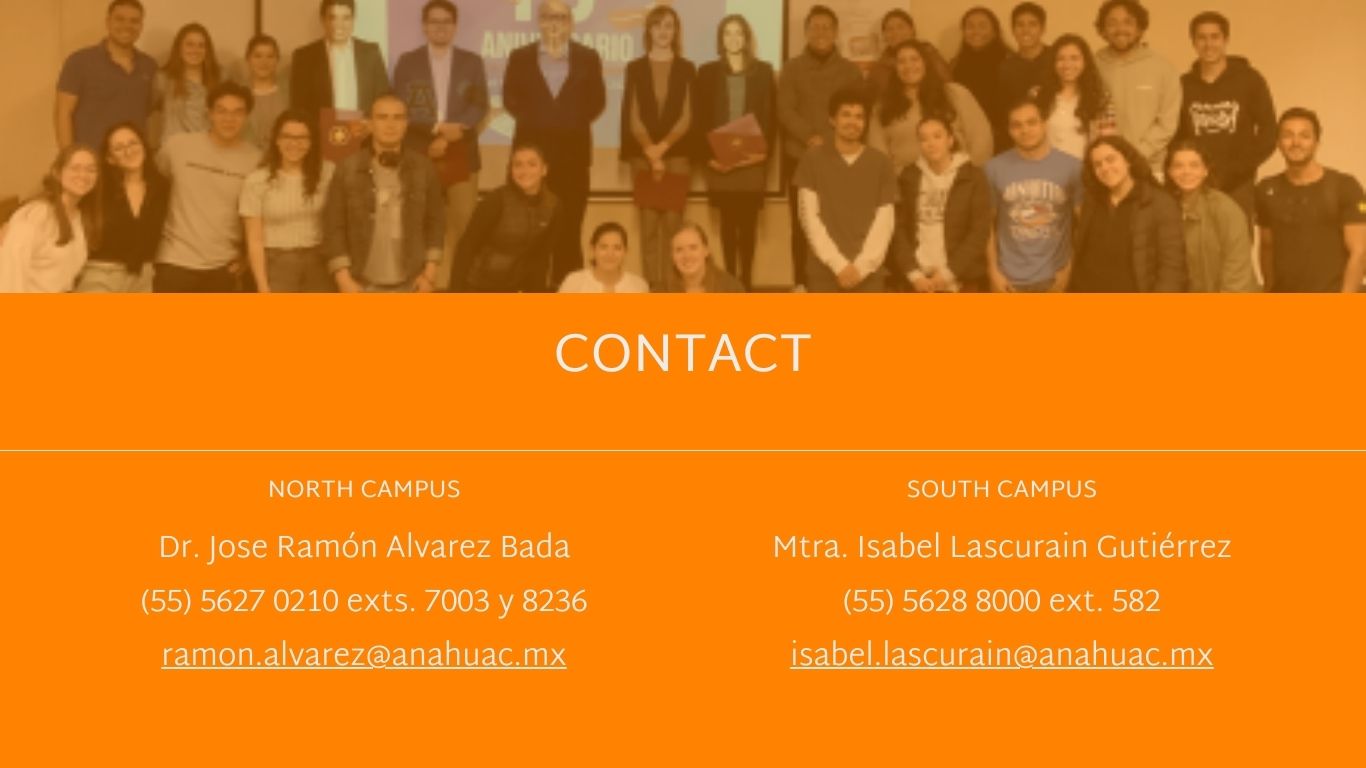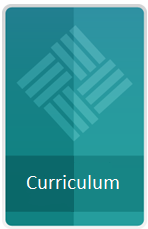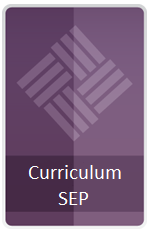Biomedical Engineering
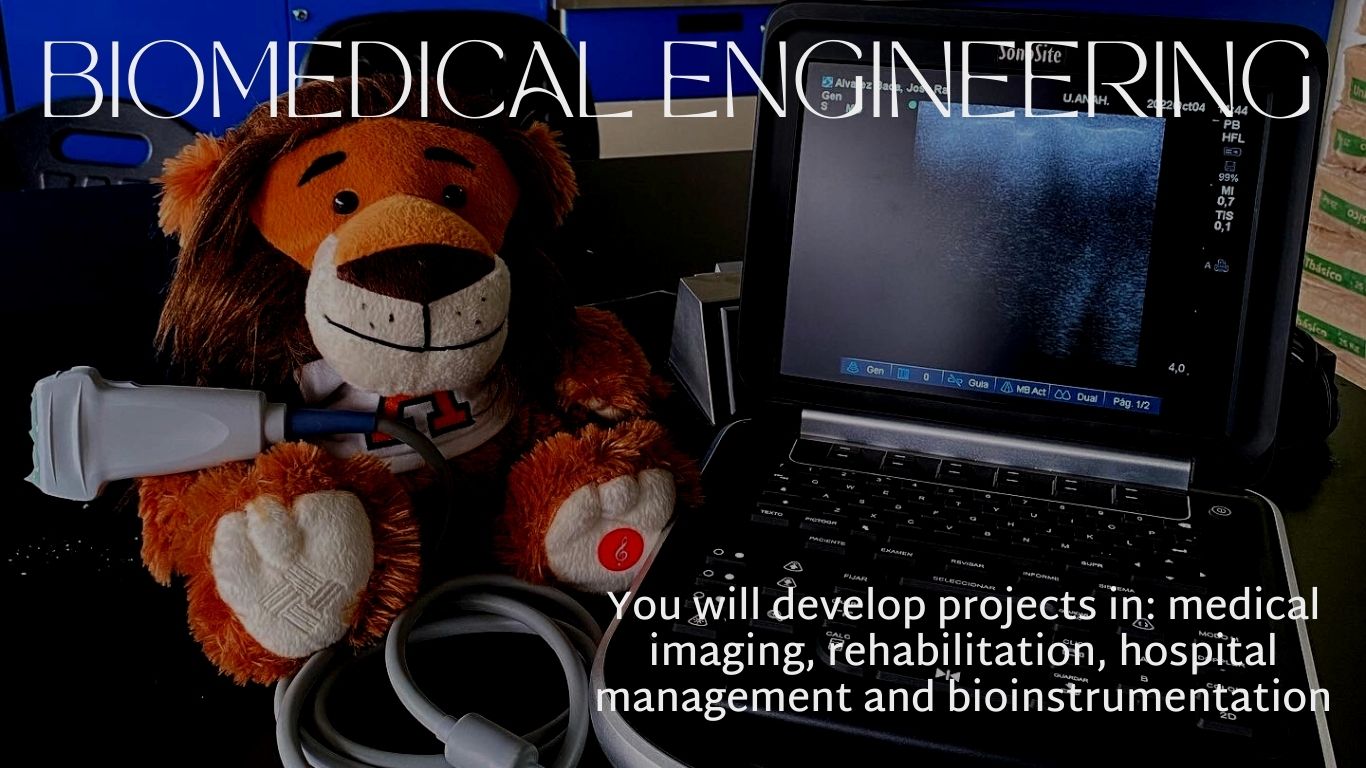
 |
This Engineering has the accreditation of CACEI (Consejo de Acreditación de la Enseñanza de la Ingeniería, A. C.). |
 |
Accredited by the Engineering Accreditation Commission of ABET, under the commision's General Criteria and Program Criteria for Bioengineering and Biomedical and Similarly Named Engineering Programs. |
Program Educational Objectives
Integrates devices, develops systems, and applies scientific and technological tools to solve problems related to technologies for health and life care.
Holds positions in healthcare companies, as well as in the prevention, diagnosis, and treatment of diseases and patient rehabilitation. They demonstrate leadership skills and have the potential to develop their own company.
Generates knowledge and conducts research in biomedical engineering and sciences.
Contributes to solving the technological and ethical challenges present in the medical industry, hospitals, research centers, and universities. They achieve this through critical thinking and leadership, integrating clinical, scientific, technological, or business skills and knowledge as appropriate for each case.
Actively participates in public or private, national or international organizations for the promotion and development of their discipline.
An ability to identify, formulate, and solve complex engineering problems by applying principles of engineering, science, and mathematics
An ability to apply engineering design to produce solutions that meet specified needs with consideration of public health, safety, and welfare, as well as global, cultural, social, environmental, and economic factors
An ability to communicate effectively with a range of audiences
An ability to recognize ethical and professional responsibilities in engineering situations and make informed judgments, which must consider the impact of engineering solutions in global, economic, environmental, and societal contexts .
- An ability to function effectively on a team whose members together provide leadership, create a collaborative and inclusive environment, establish goals, plan tasks, and meet objectives
- An ability to develop and conduct appropriate experimentation, analyze and interpret data, and use engineering judgment to draw conclusions
- An ability to acquire and apply new knowledge as needed, using appropriate learning strategies
Minimum Competencies of the Anáhuac Professional:
1. Recognizes truth as the goal of intelligence and chooses it as a guarantee of accuracy in action.
2. Applies ethical principles in their professional performance and interpersonal relationships.
3. Seeks the transcendent meaning of life and the development of leadership for the service of others.
4. Communicates effectively and correctly, with freedom and responsibility, in their native language and in a foreign language.
5. Applies knowledge, techniques, methods, and modern tools from mathematics, science, and engineering to design and develop quality products and processes that meet human and societal needs.
6. Investigates biomedical phenomena for the development of new technologies aimed at preserving and caring for health.
7. Identifies and solves problems related to the prevention, diagnosis, and treatment of diseases and disabilities, applying biomedical technology for timely and reliable care.
8. Collaborates with health professionals and engineers in the design, production, installation, and preservation of infrastructure, equipment, instruments, and medical devices to solve health problems with an interdisciplinary approach.
9. Develops cutting-edge biomedical practices and technologies aimed at the prevention, diagnosis, rehabilitation, and treatment of diseases and disabilities, promoting patient well-being and quality of life.
10. Leads and participates in health sector projects in public and private institutions to disseminate and optimize the use of biomedical technology to improve the efficiency and costs of healthcare services.
Biomedical instrumentation
Telemedicine / digital medicine / medical informatics
Medical imaging
Rehabilitation engineering (orthotics and prosthetics)
Telemedicine
Design and fabrication of orthotic and prosthetic devices
Medical imaging
Biotechnology*
Rehabilitation*
Management of health institutions*
*In collaboration with the School of Health Sciences
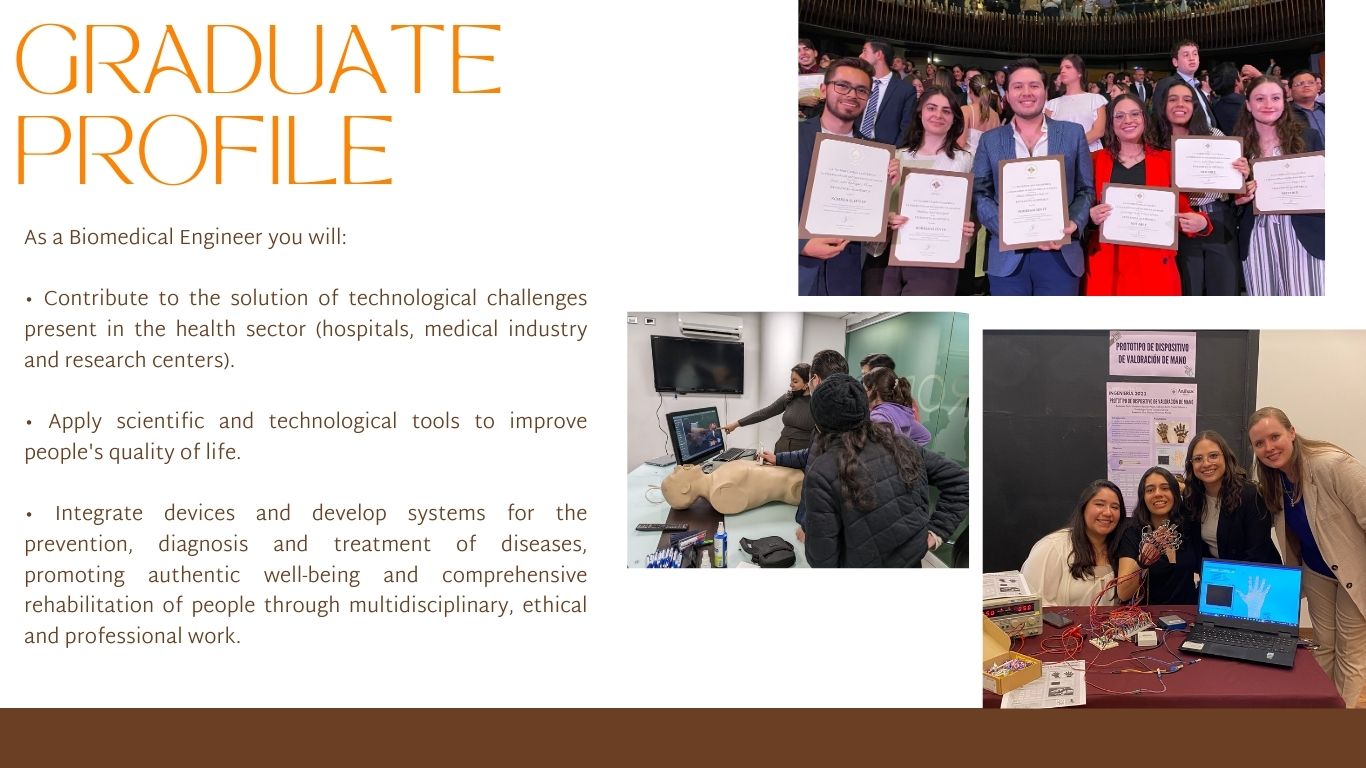
Curricula Model 2016
Curricular Model 2010
| Biomedical Engineering | Number of new incoming students |
Number of graduates |
Number of active students |
| 2024-2025 | 25 |
18 |
90 |
| 2023 - 2024 | 26 |
14 |
100 |
| 2022-2023 | 30 |
12 |
96 |
| 2021- 2022 | 20 |
9 |
87 |
| 2020-2021 | 22 |
4 |
91 |
| 2019-2020 | 38 | 7 | 106 |
| 2018- 2019 | 38 | 20 | 107 |
| 2017-2018 | 31 | 16 | 92 |
| 2016-2017 | 25 | 6 | 89 |
| 2015-2016 | 20 | 0 | 76 |
| 2014-2015 | 18 | 0 | 65 |
